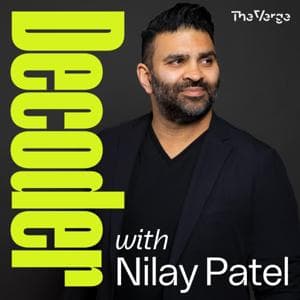This week, the European Commission unveiled a sweeping plan to overhaul how the EU enforces its digital and privacy rules as part of a ‘Digital Omnibus,’ aiming to ease compliance burdens and speed up implementation of the bloc’s landmark laws. Branded as a “simplification” initiative, the omnibus proposal touches core areas of EU tech regulation — notably the AI Act and the General Data Protection Regulation (GDPR).The Commission argues that this update is necessary to ensure practical implementation of the laws, but civil society organizations see the proposed reform as the “biggest rollback of digital fundamental rights in EU history.”
At the same time, leaders are talking loudly about digital sovereignty — including at last week’s summit in Berlin. But with the Omnibus appearing to weaken protections and tilt power toward large tech firms, what kind of sovereignty is actually being built?
Tech Policy Press associate editor Ramsha Jahangir spoke to two experts to understand what the EU is trying to achieve:
- Leevi Saari, EU Policy Fellow at AI Now Institute
- Julia Smakman, Senior Researcher at the Ada Lovelace Institute




































